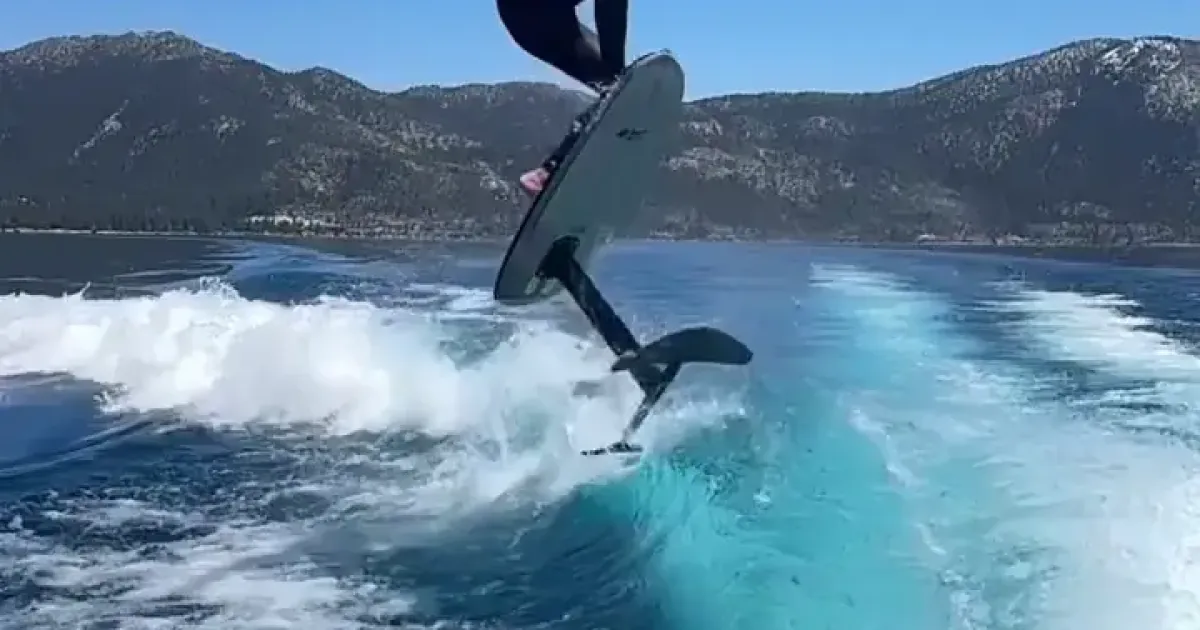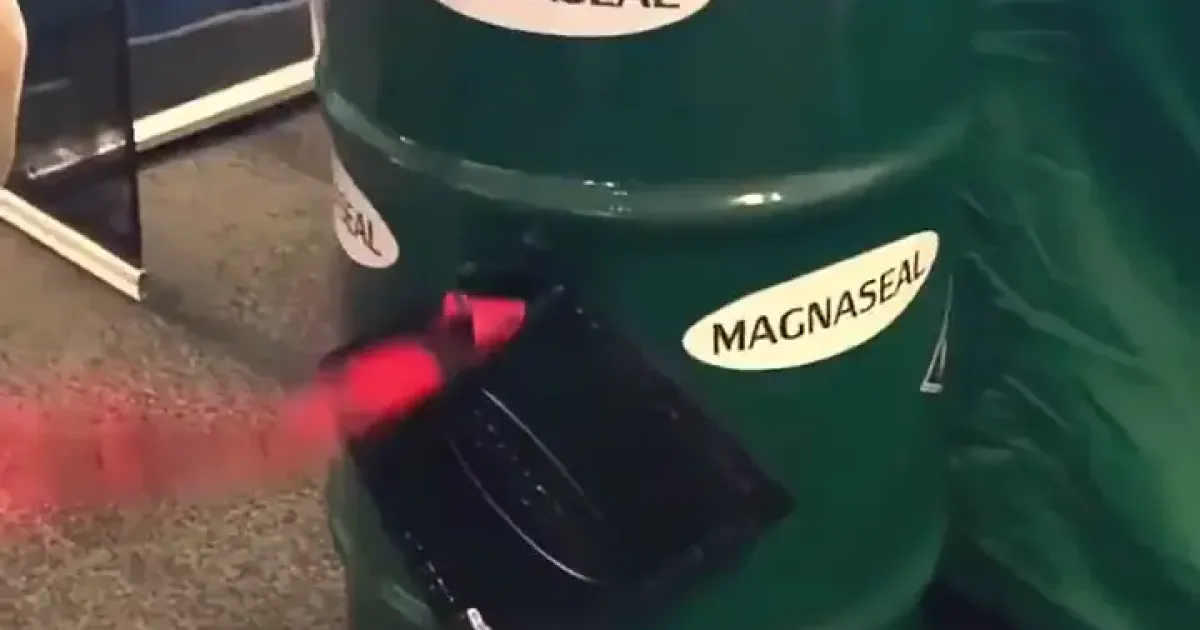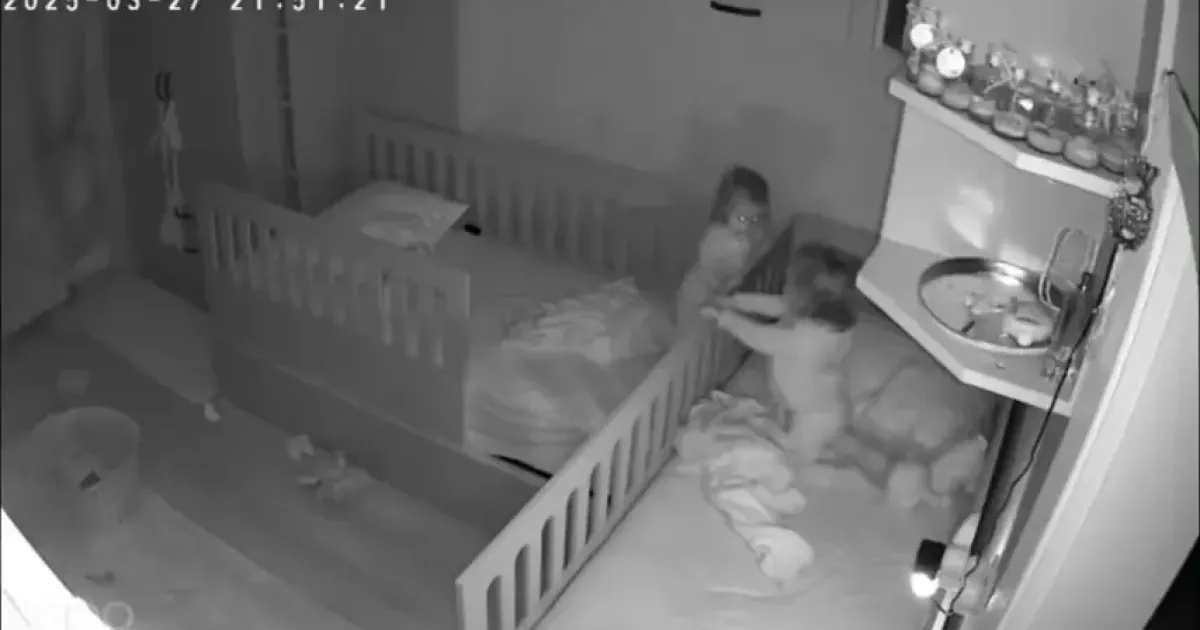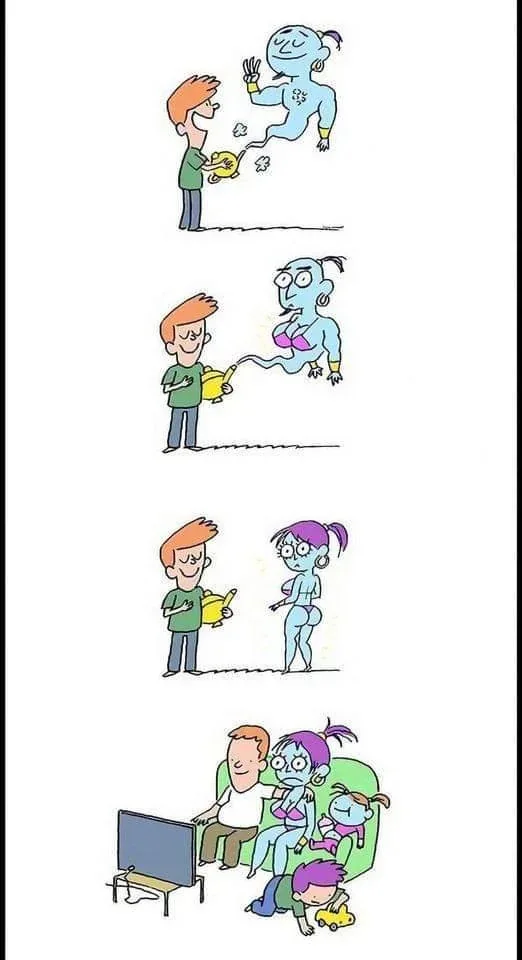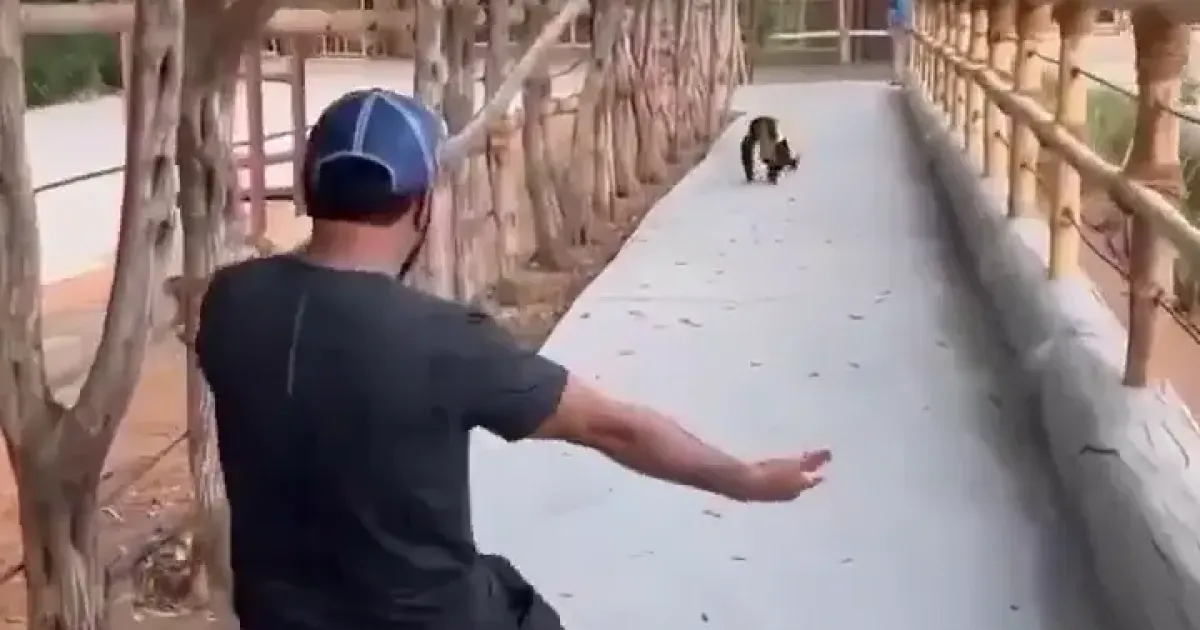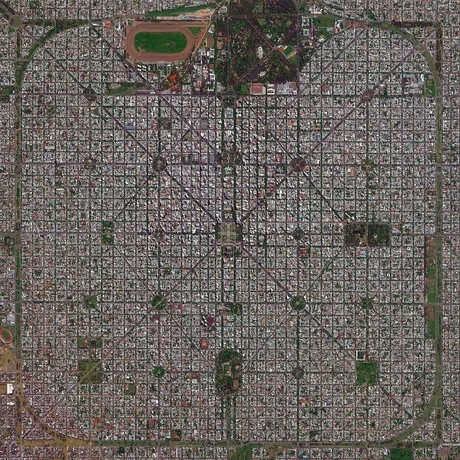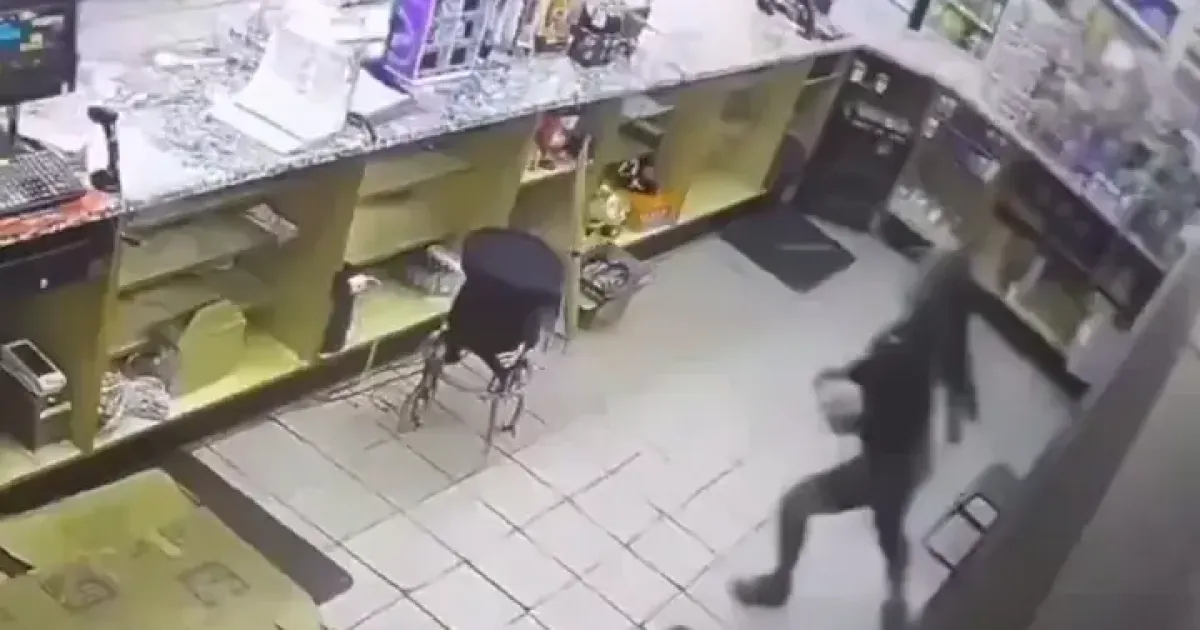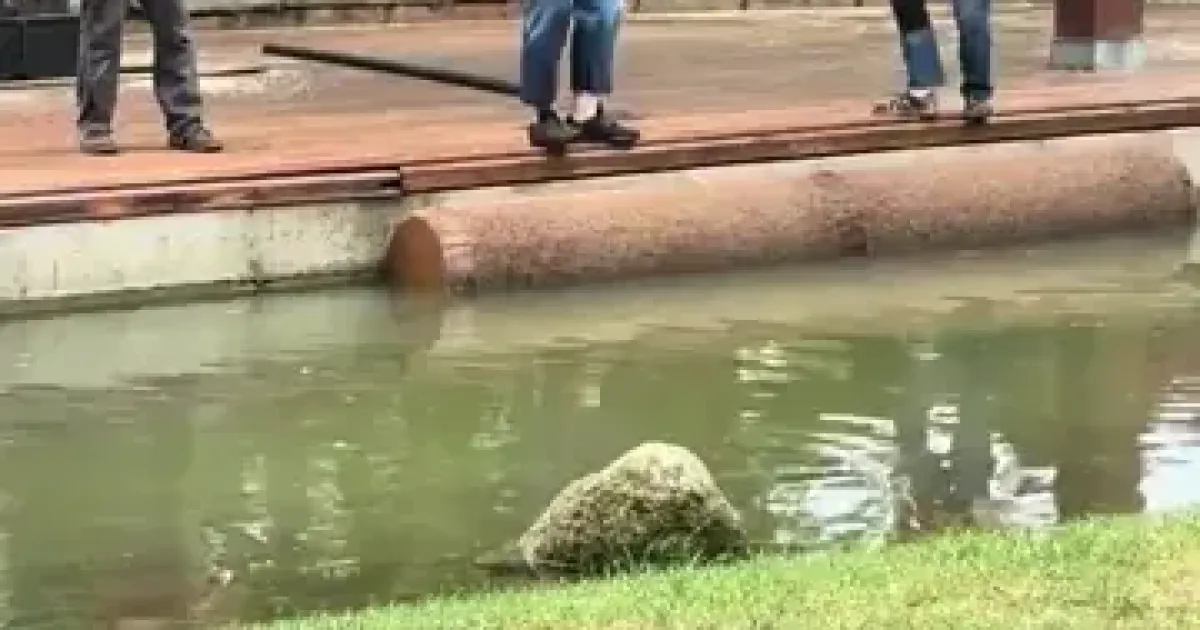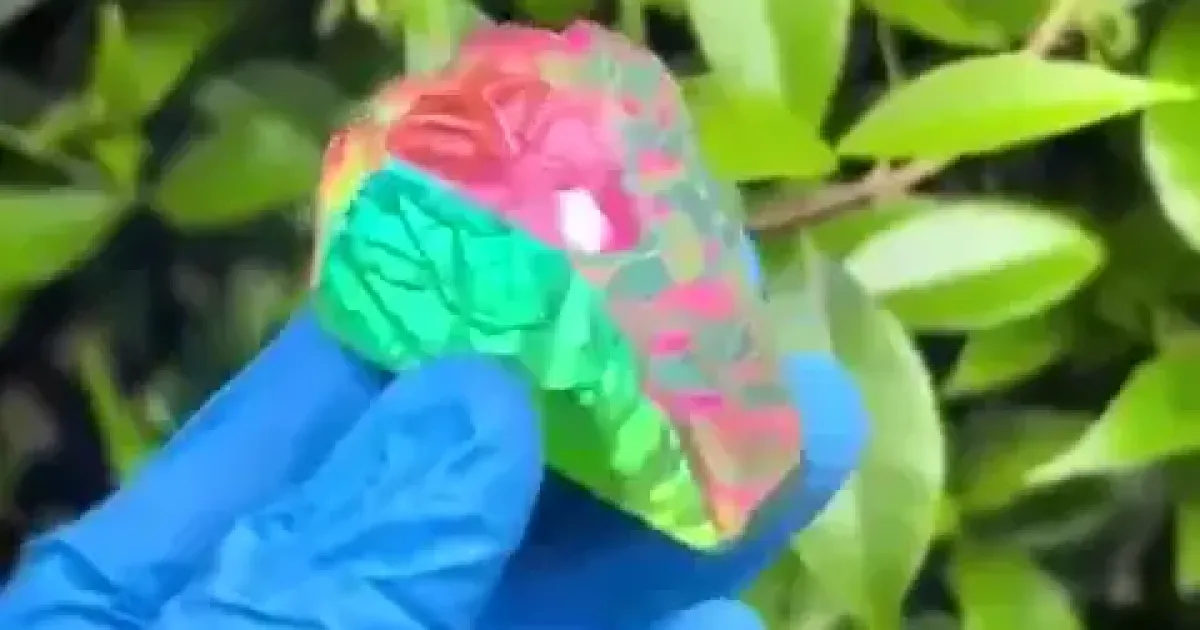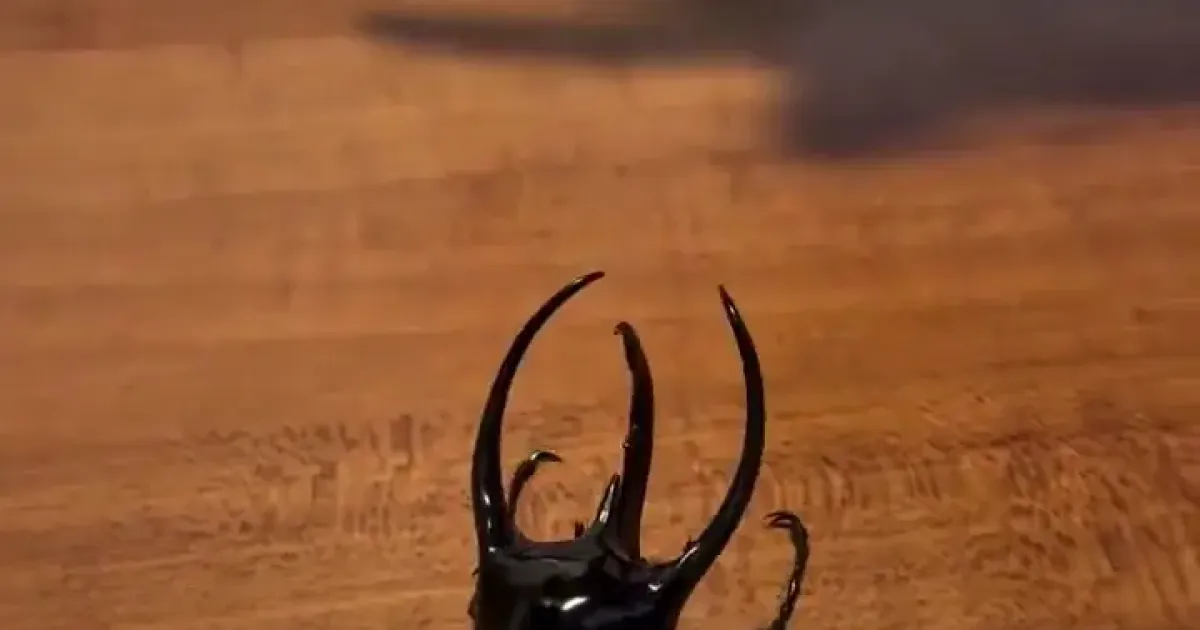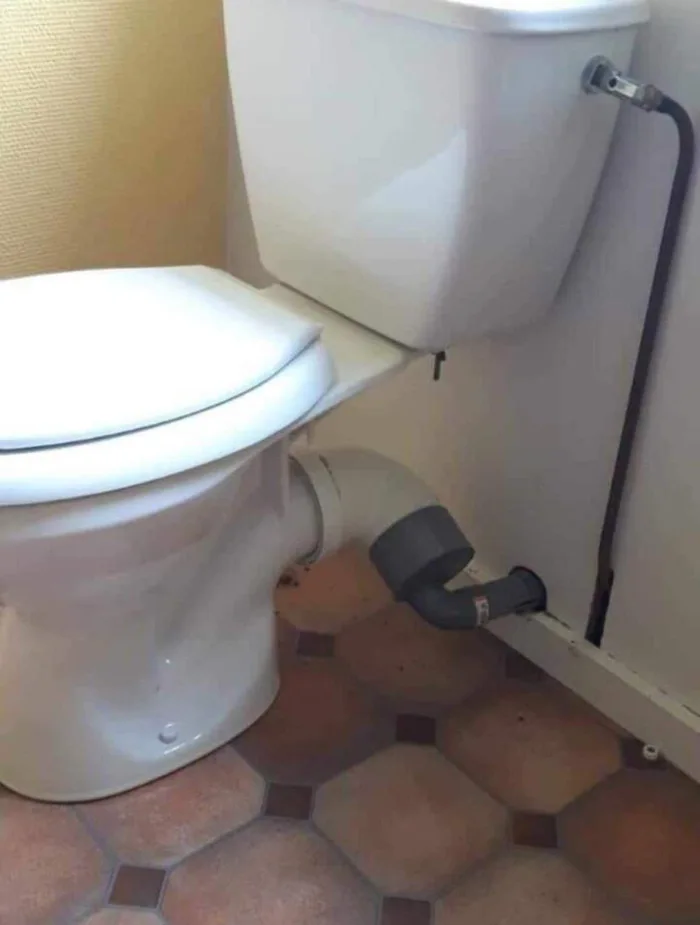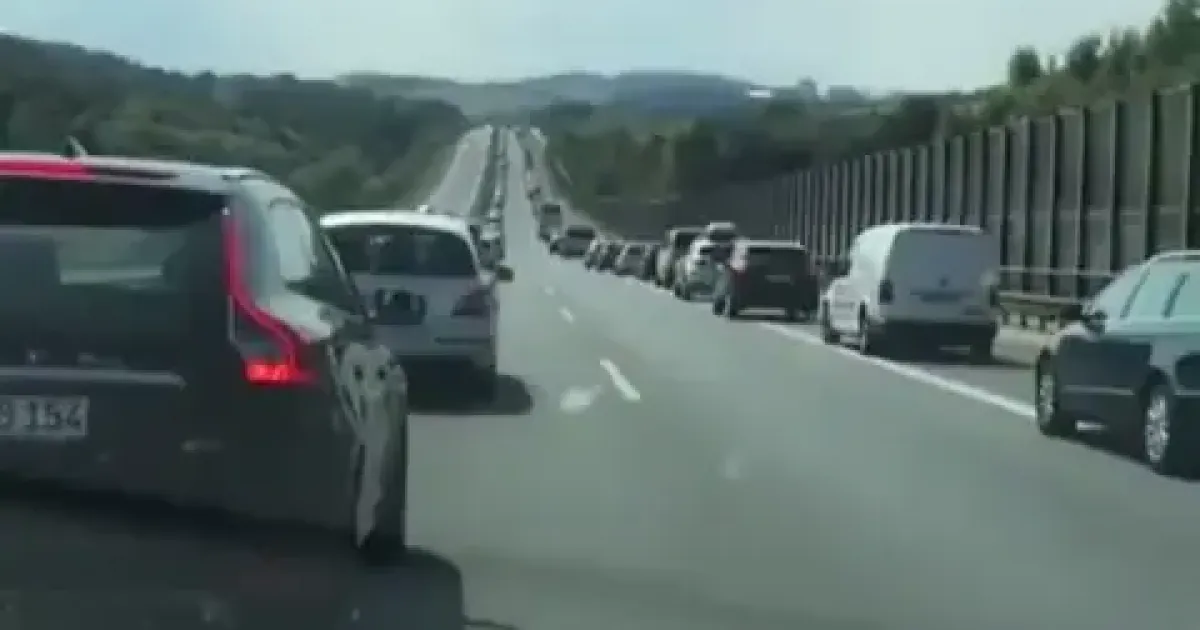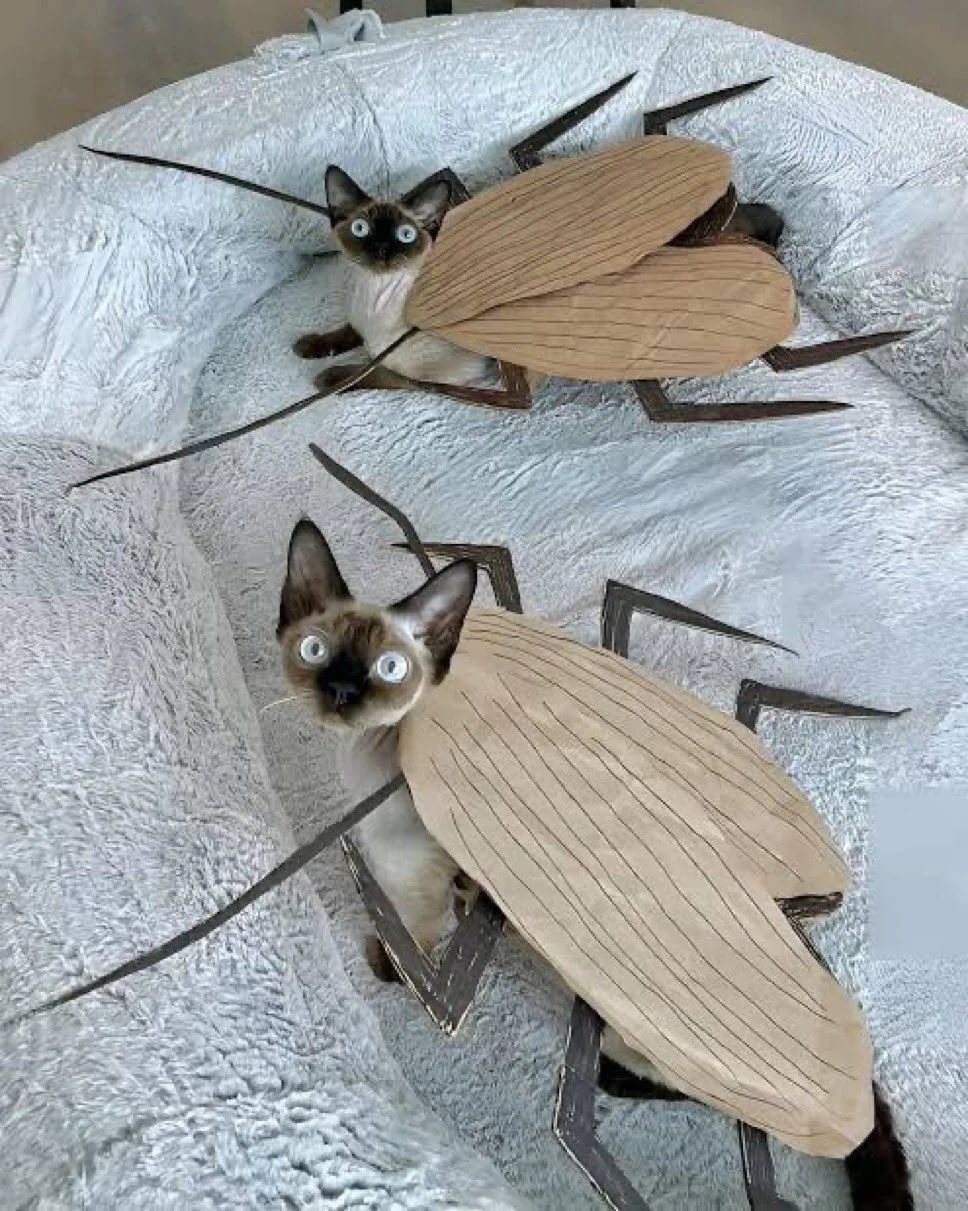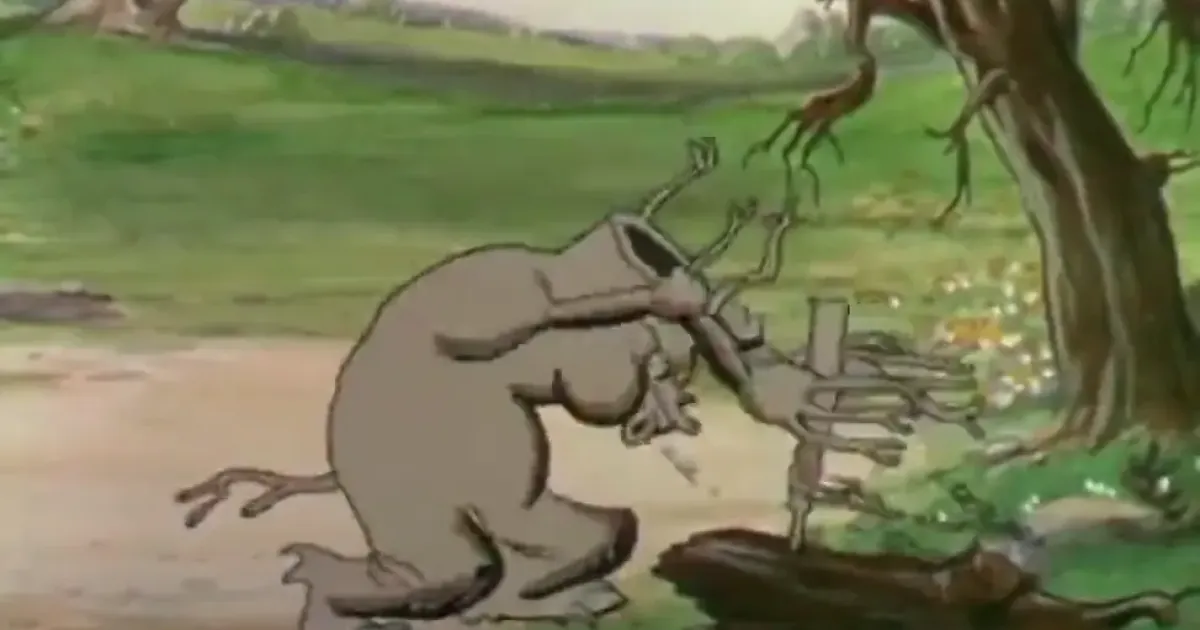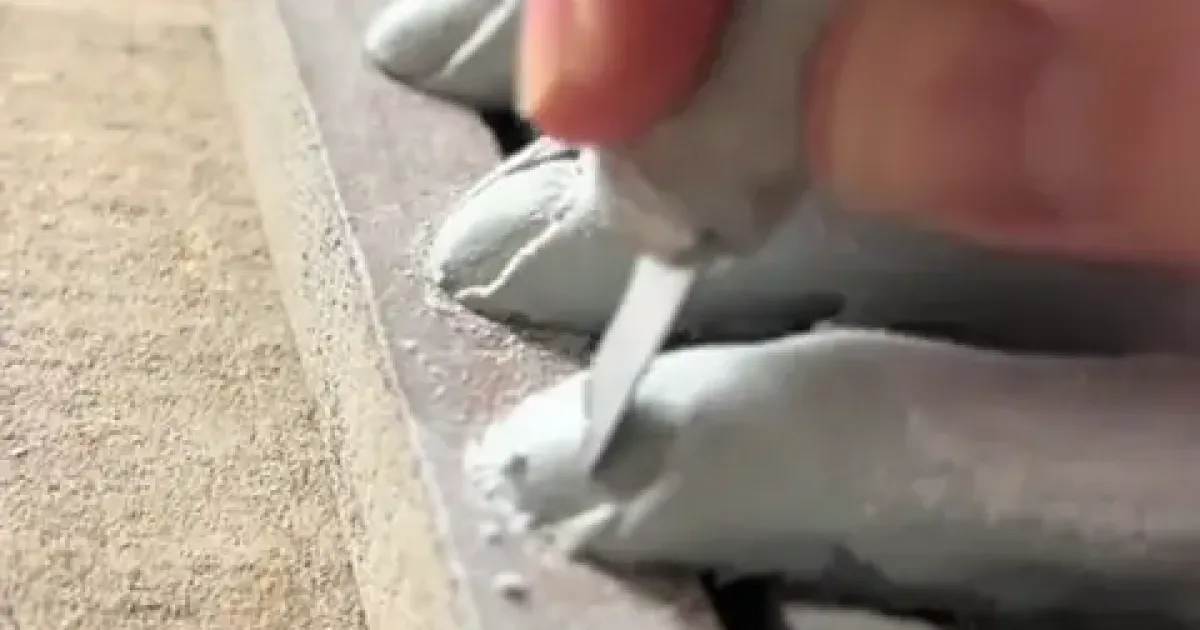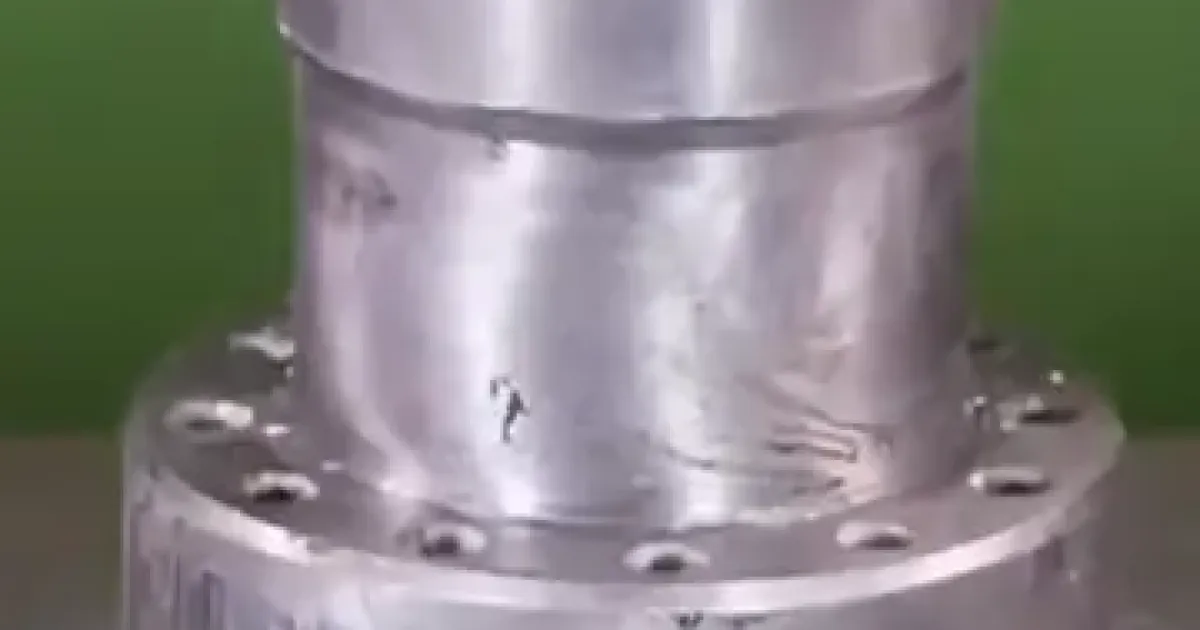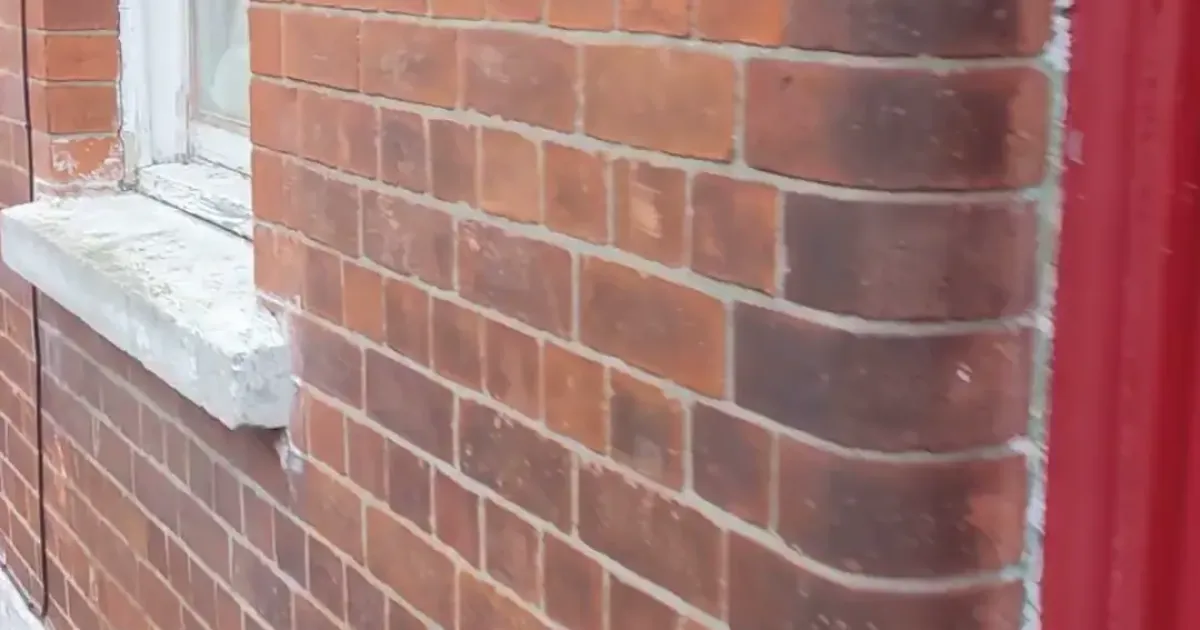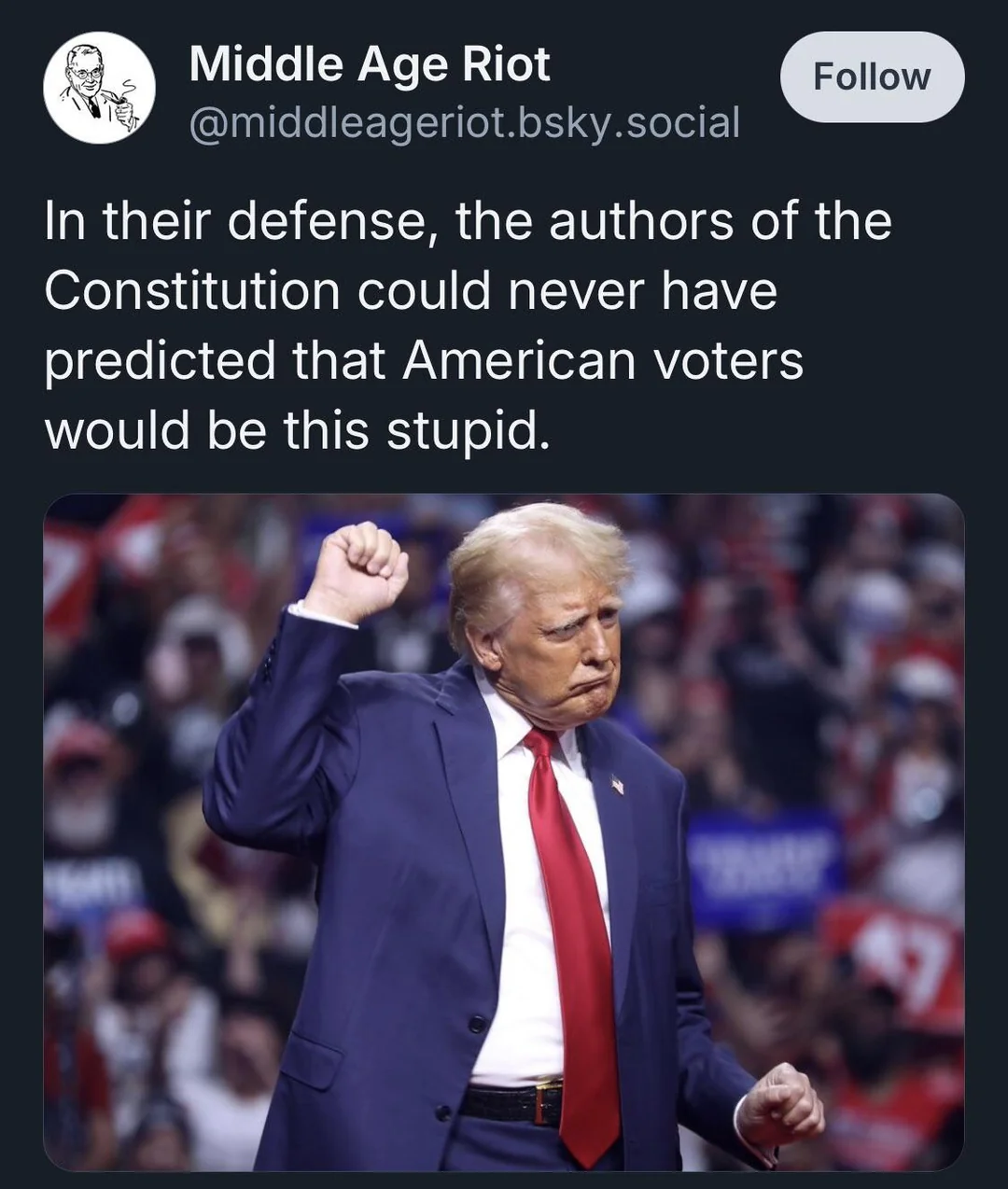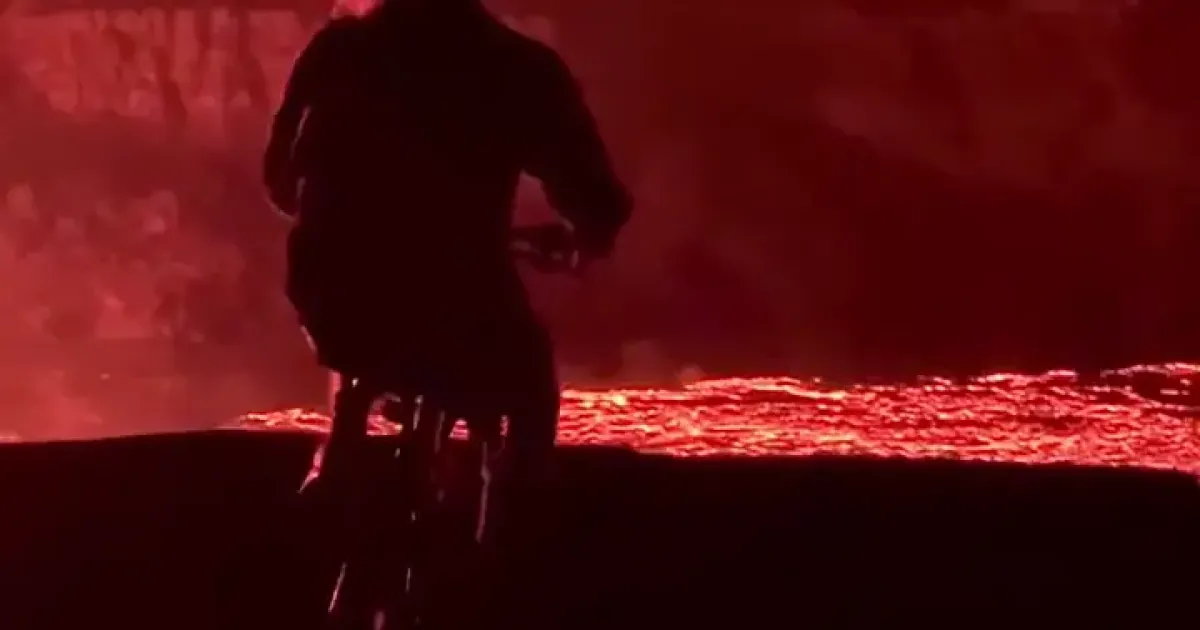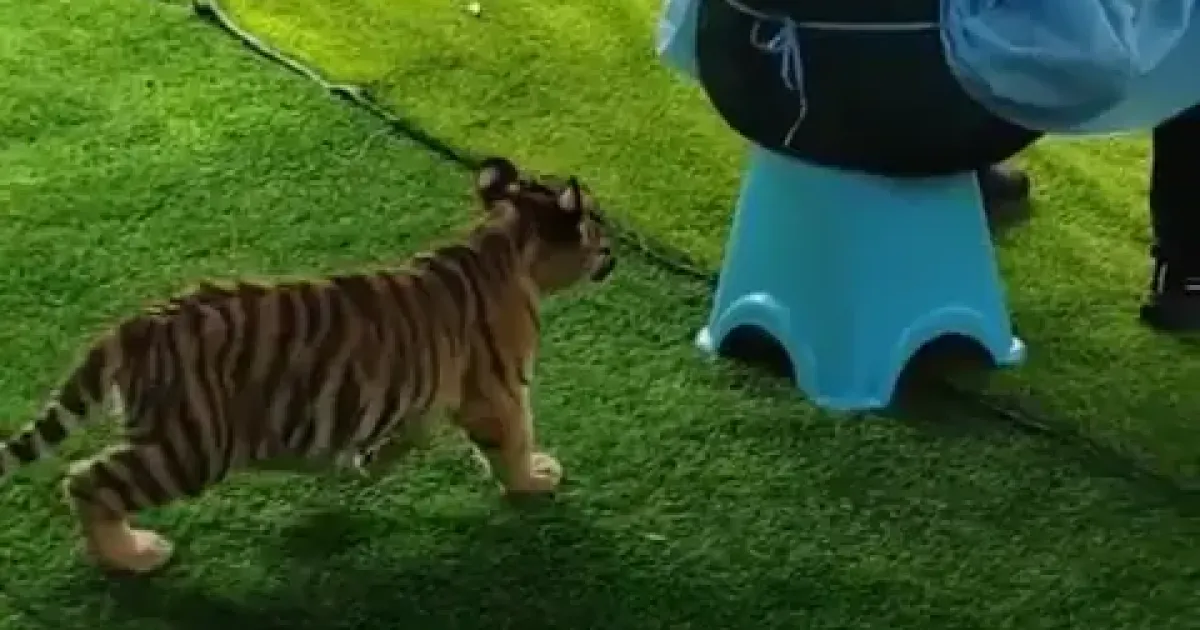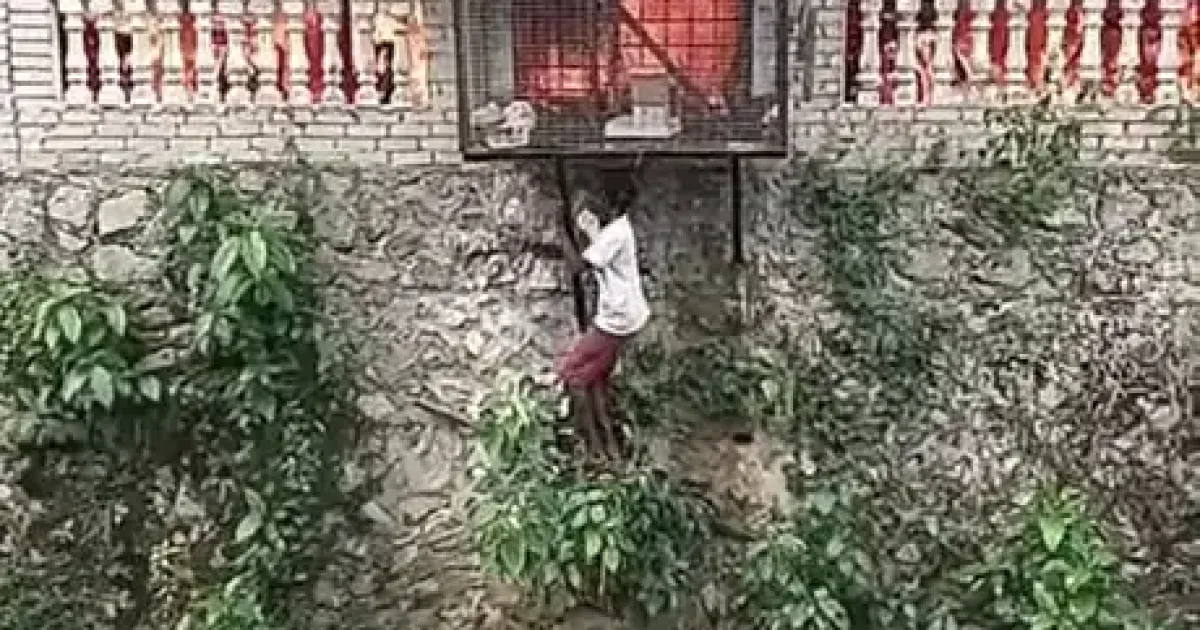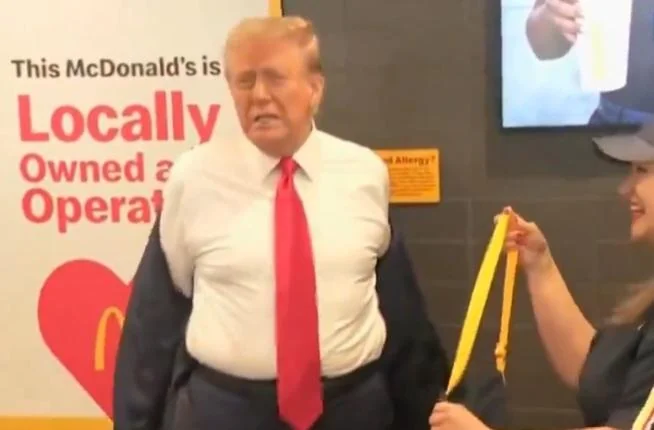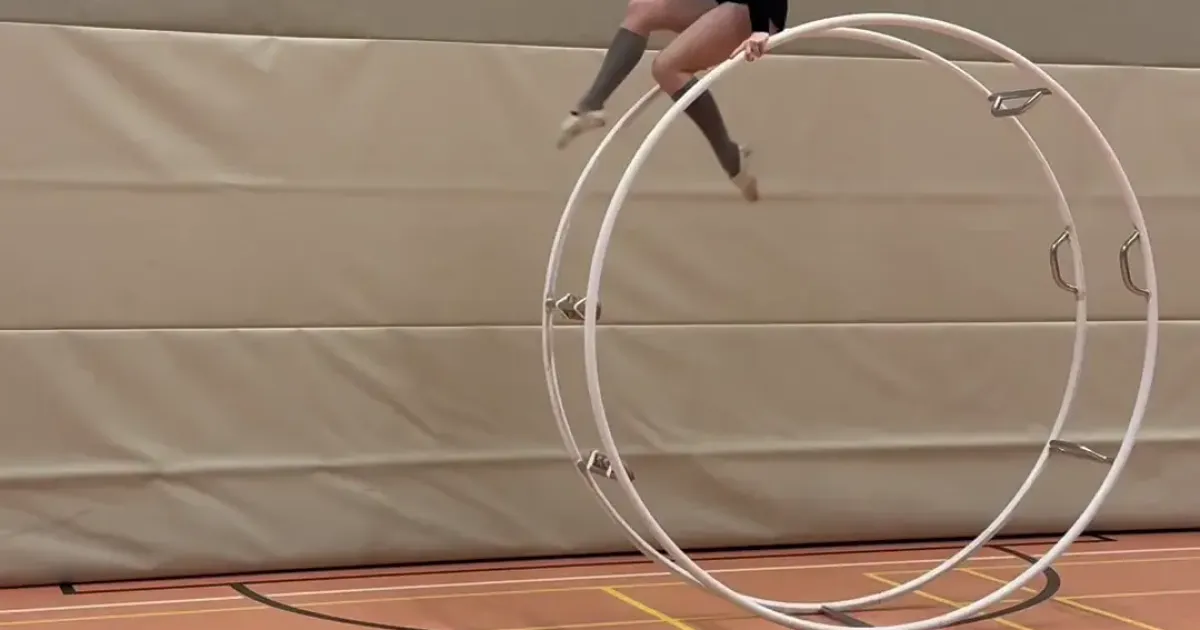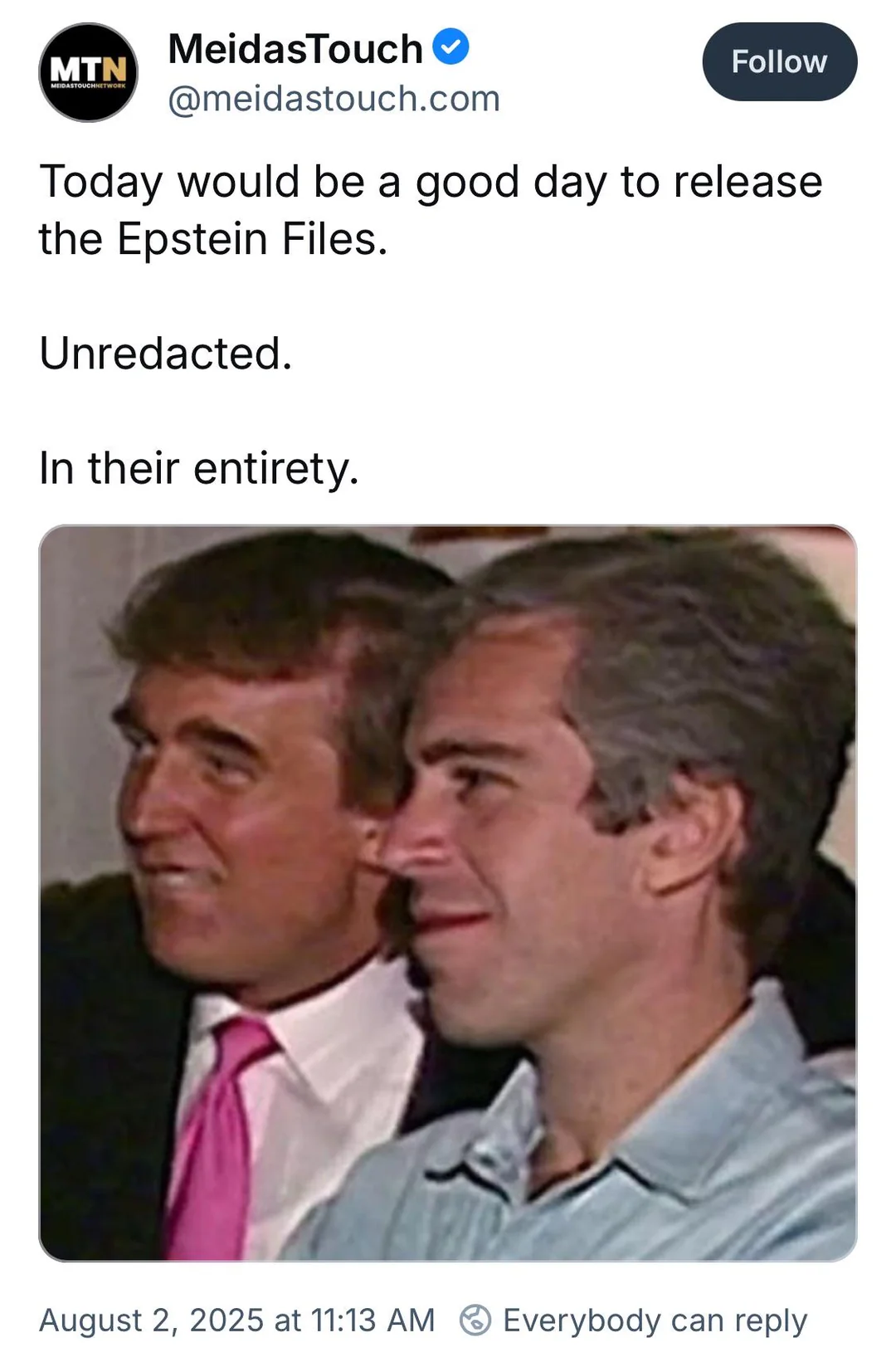
Katherine Johnson was the mathematician whose calculations of orbital mechanics as a NASA
Born #Today in 1918, Katherine Johnson was the mathematician whose calculations of orbital mechanics as a NASA employee were critical to the success of the first and subsequent U.S. crewed spaceflights
[✏️ Steve Breen, San Diego Union Tribune]
Read More...
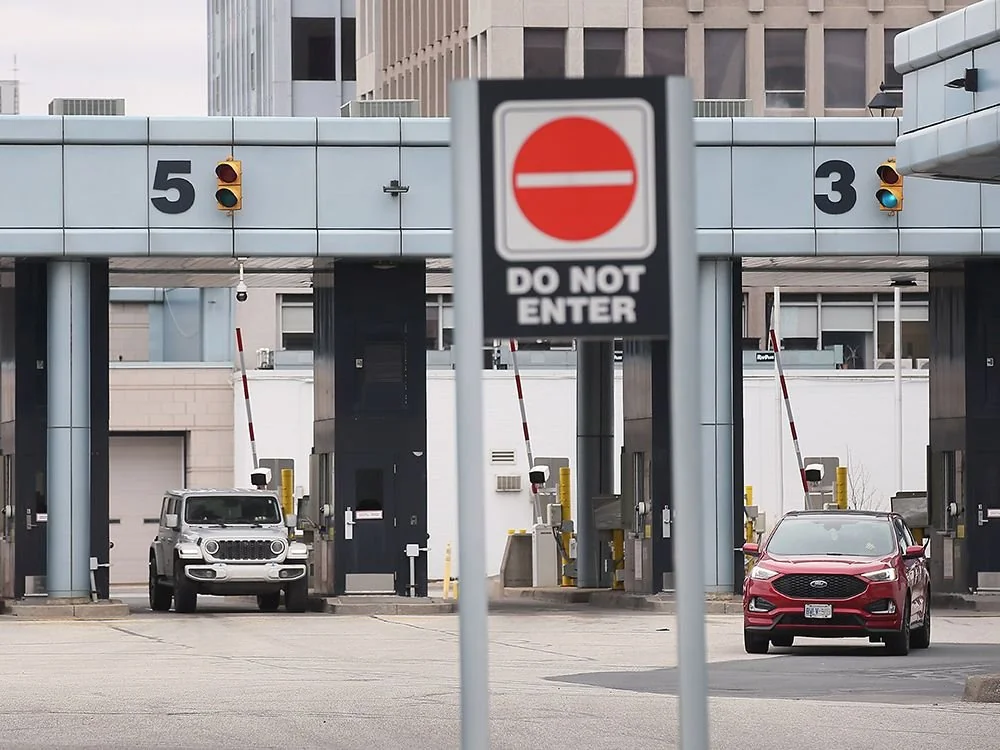
Number of Canadians travelling to U.S. plummets amid threats
Canadians appeared to be abandoning road trips to the U.S. amid President Donald Trump’s sovereignty and economic threats to their country.
The number of Canadian-resident return trips by car from the U.S. plunged 23% from a year ago in February, marking the second straight month with a year-over-year decline, Statistics Canada reported Monday.
The annual drops in January and February were the first and second since March 2021.
#Canada #USA #News #NationalPost
Read More...
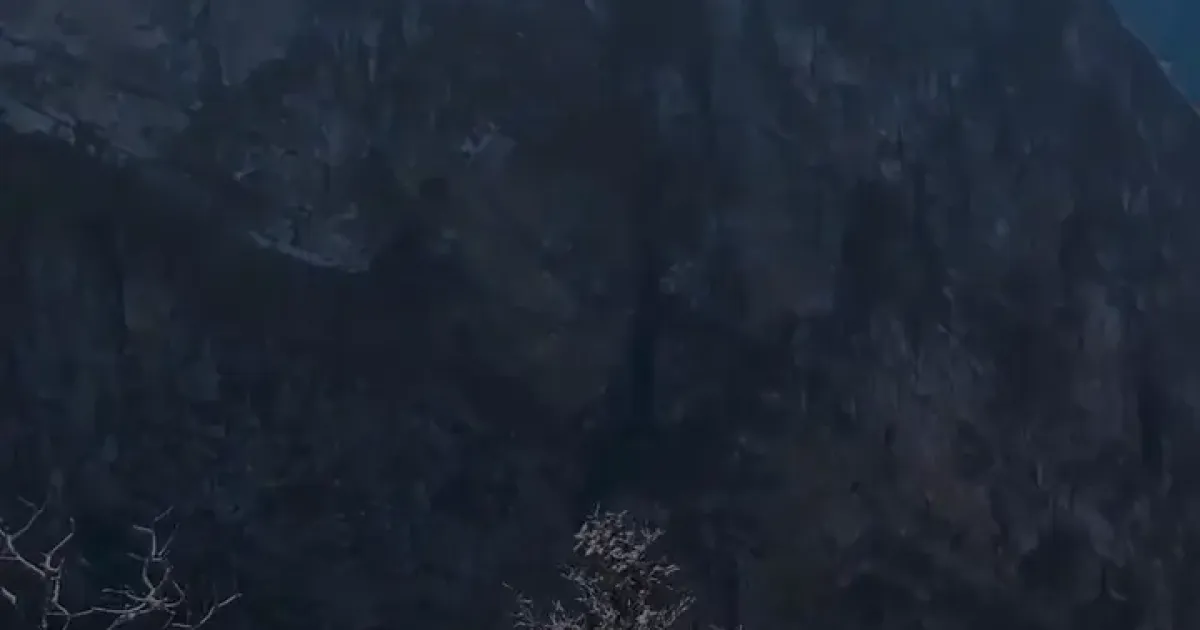
Valiosas são as pessoas que nos dão coisas caras:
- TEMPO
- ATENÇÃO
- RESPEITO
VA • LO • RI • ZAR
#mentepositiva #respeito #afeto
Read More...
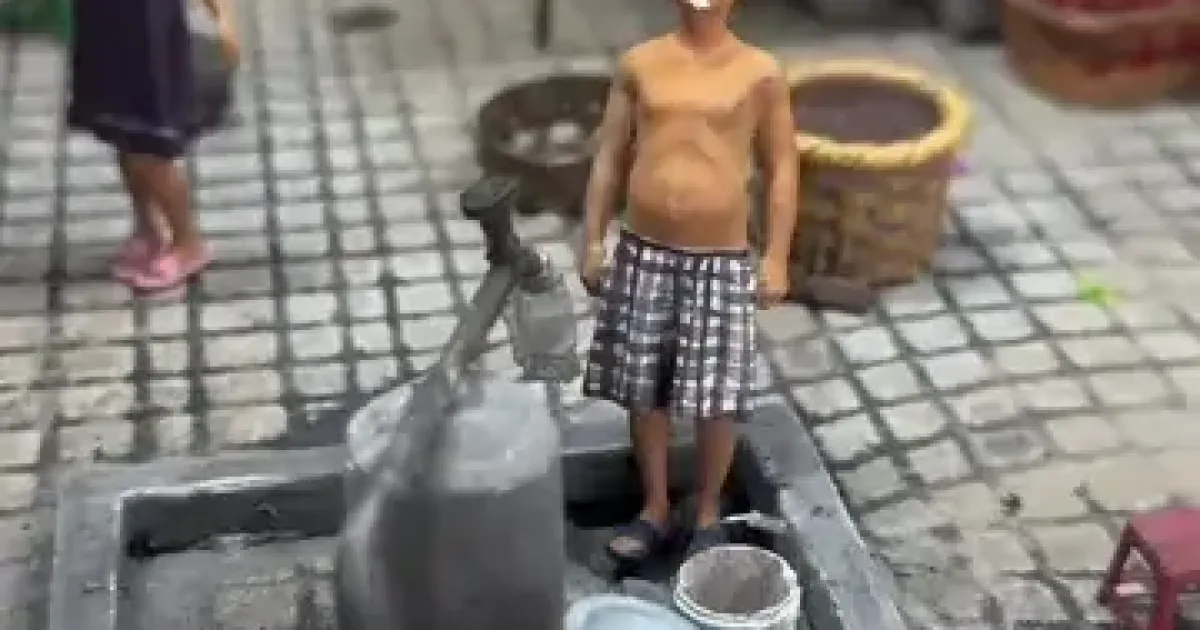
Artist builds miniature model of the Kung Fu Hustle village
Artist: Adu Model / du393206 on Douyin
Seen on an art aggregator channel on YT
#Awesome #Art #Artist #Skill #Talent #miniature
Read More...
